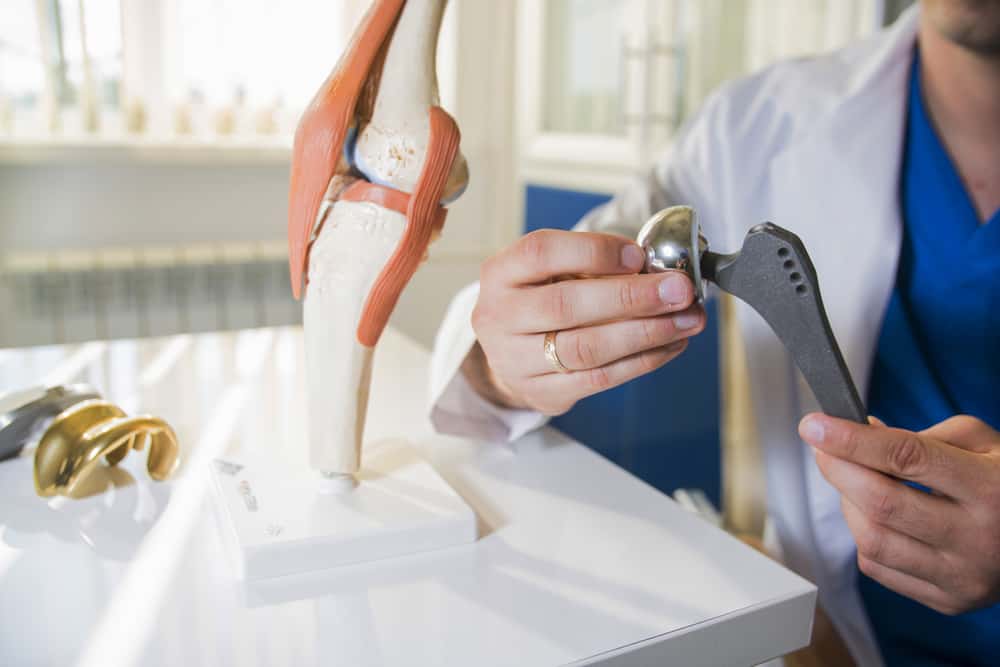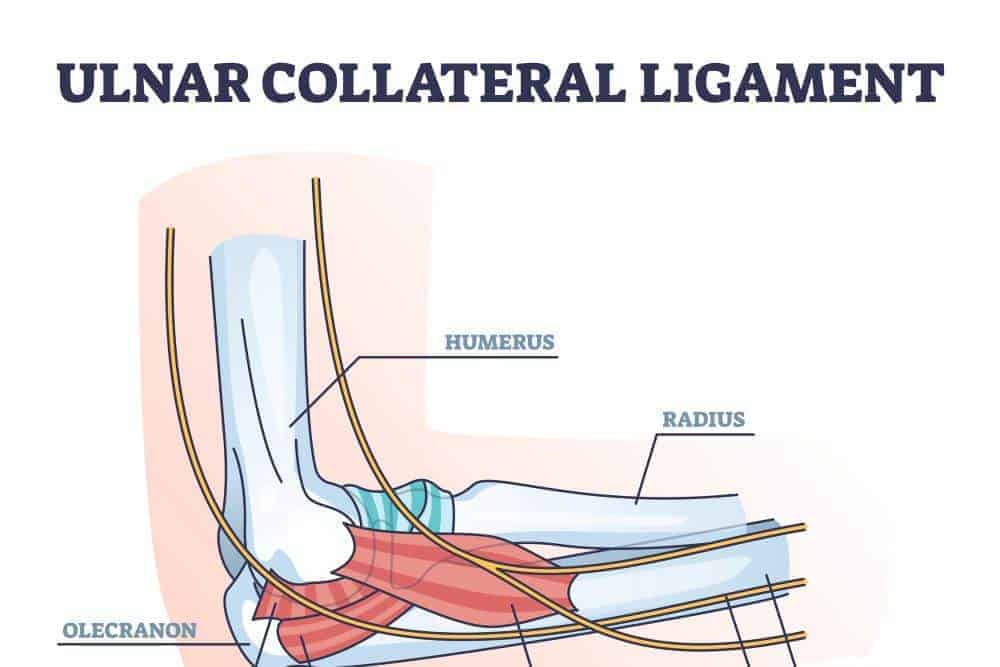While there isn’t a specific recommended age for joint replacement surgery, the medical field has seen a decrease in the number of joint replacement surgeries needed by people in their 40s and 50s. Joint replacement surgery is most common among older adults due to general wear and tear on the body, degenerative diseases, and chronic pain. When you start to experience joint pain that affects your ability to move through your day then you should see an orthopedic surgeon.
Depending on your health, physical fitness, and age, your doctor may not recommend joint replacement surgery right away. However, when other noninvasive and minimally invasive treatment options are unable to provide you with lasting relief from severe joint pain, then you may need joint replacement surgery.
Here are five things you need to know about joint replacement surgeries:
1. You’ll be back on your feet the next day
Medical advances in this field have made it possible for people to get back on their feet within a day of surgery. In decades past, after joint replacement surgery, you would have been told to rest and not put any pressure on the joint for days or even weeks. Now, the rehabilitation process begins as soon as you wake up from your surgery. The goal is for you to resume your mobility as soon as possible, even if that requires an assisted device like a cane or crutches. This updated line of thinking recognizes the importance of moving around to avoid complications and stiff, unused muscles.
2. Physical therapy is the key to a full recovery
Physical therapy begins once your surgery ends. The goal is to get you moving safely during the days, weeks, and months after surgery. An Atlanta physical therapist will help you stand up, start walking, and support you through basic movements like getting in and out of bed and getting yourself to the bathroom. Post-surgical physical therapy will involve setting goals for your recovery that support your mobility without pushing yourself too far too soon. You will likely continue with physical therapy for weeks after the operation to help learn stretches and exercises that will improve your strength and mobility.
3. It can take a year to fully recover
While surgery these days is faster than ever, that doesn’t mean your recovery process will happen fast. Your recovery process will really depend on how your body responds to the surgery, your age, and other health and risk factors. You may not be able to drive for a few weeks and your doctor may also recommend you stay home from work for a few weeks as well. The reason why physical therapy is key to your recovery is because of how it supports your full recovery. You will learn stretches, exercises, and techniques for improving your strength, flexibility, and range of motion so you can get moving again.
4. Your orthopedic surgeon’s experience is important
When it comes to choosing an orthopedic surgeon that’s right for you, you want to make sure you trust your joint replacement surgery to a team that performs these types of procedures often. Look for an orthopedic surgeon at a place where they perform a high volume of joint replacement surgeries. If you go to a hospital where they don’t perform a lot of joint replacement surgeries then you may be at higher risk for complications after surgery. Your orthopedic surgeon should be happy to provide you with their surgical success rates and connections they provide for physical therapy for your recovery.
5. Artificial joints don’t last forever
It’s important to note that artificial joints are a great medical advancement, but they don’t last forever. On average, artificial joints will last for around 15 years. While joint replacement surgery is more common among the elderly, middle-aged adults can also be recommended for joint replacement surgery. If that is your case, you want to talk to your doctor about how long the specific artificial joint is expected to last so you can learn more about whether or not a second surgery would be required in the future.
At AICA Orthopedics, our orthopedic surgeons regularly perform joint replacement surgery. The most common joints that require replacement surgery are the hip and knee joints, though joint replacement surgery is also available for other joints, including the shoulder, elbow, wrist, and ankle. Our orthopedic surgeons also partner with physical therapists all in one convenient location for you so you can schedule all your pre- and post-operative care in one place. Visit us online to find an AICA Orthopedics location near you.




